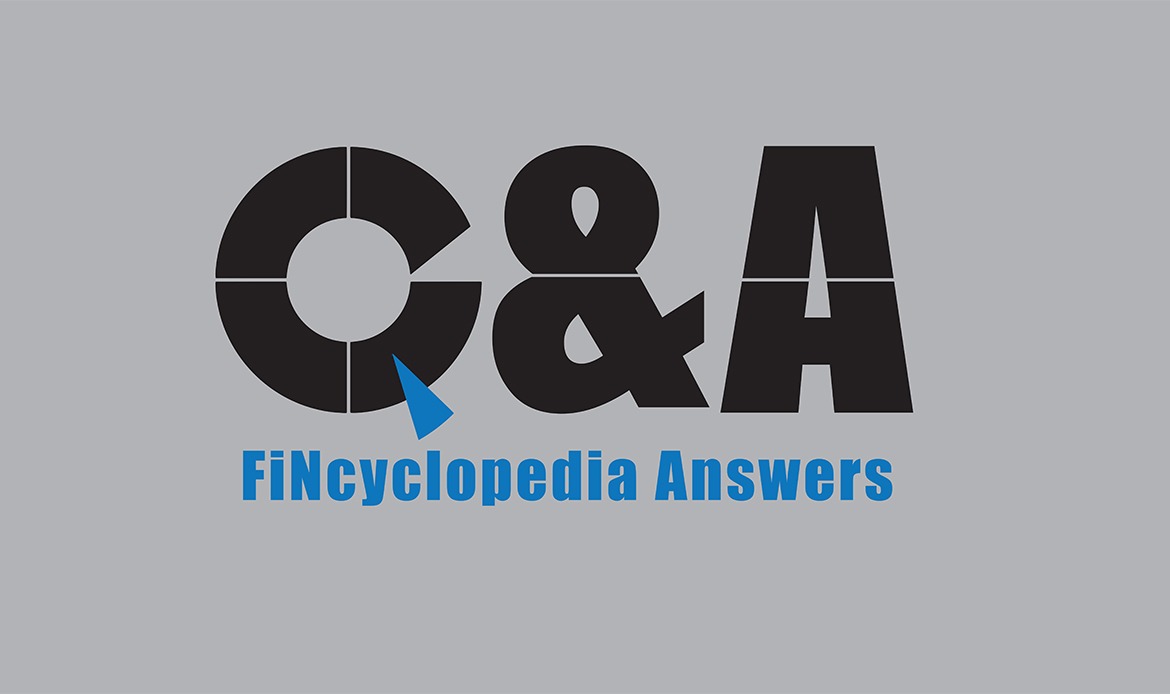Murabahah is a mode of financing based on the sale of a commodity for a deferred price. Put another way, it is the sale of commodities at cost plus an agreed mark-up (profit). The seller is obliged to reveal to the purchaser (or a purchase orderer) the actual price at which the commodity is purchased. As such, the seller stipulates an amount of profit in addition to that price. The two parties to a contract of murabahah are a financier and a purchaser. The financier must own the commodity before it is resold to the purchaser.
It is a shari’a condition that the underlying commodity is purchased from a third party to prevent any collusion or fictitious transactions. The purchaser may post collateral after purchase. Rollover is typical in conventional loans, while in murabaha the financier is not permitted to increase the price for late payment or default by the purchaser. In murabahah transactions, the seller will need to negotiate the profit margin with the customer, and the original cost of the underlying commodity need to be revealed to the customer before they enter into the contract.
On the other hand, a conventional loan is an amount of money provided by a lender to a borrower for a specific period of time against payment of interest (riba).
| Aspect | Conventional loan | Murabahah |
| Subject matter | Amount of money | Commodity |
| Parties | Lender and borrower | Financier and finance and/or expertise seeker |
| Rollover | Typically applicable | Impermissible |
| Collateral | Put up before the loan is processed | May be posted but after the commodity is purchased |
| Cost transparency | Not a condition | Stipulated/ a condition |
| Compensation | Interest | Profit |
| Ownership | The lender remains the owner of funds, while the borrower becomes liable for the amount of loan in addition to interest (repayment plus interest) | The purchaser becomes the owner of the commodity, and at the same time becomes liable for its full price (cost plus profit) |





Comments